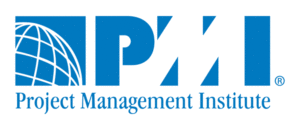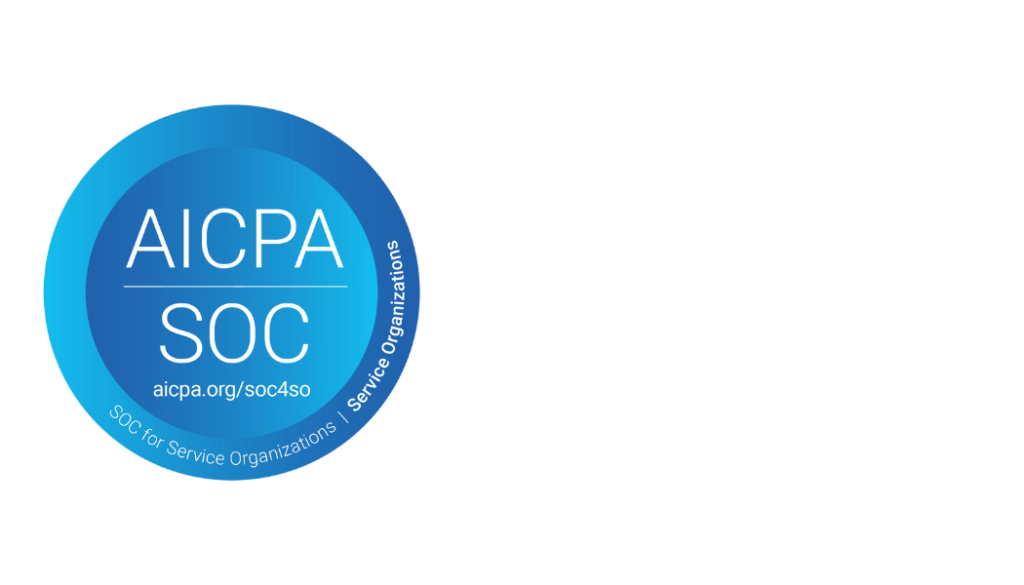
Rolling out a teller application in a bank is a very involved process. Larger banks have teams of project managers utilizing best practices designed and certified by Project Management Institute (PMI) to manage these types of projects; however, for those banks that don’t have a certified Project Management Professional on staff, we will be featuring a series of articles in Digital Communications over the coming months to detail project management best practices.
Projects are temporary endeavors designed to produce a unique product, service, or result. Each project is limited by what PMI refers to as the “triple constraints” of cost, time, and scope; however, additional constraints also include quality, available resources, and risk. These are all important factors to keep in mind and to monitor throughout the project.
Define a Project Charter
The first step in kicking off a project like a teller capture initiative is to define a project charter that includes a high-level scope statement, high-level budget, an identification of key stakeholders to the project (we’ll go into more detail on stakeholders in later issues), as well as stakeholder expectations. Only when the project charter has been written and signed off by senior management is the project is ready to begin.
The Five Ps

There are five basic processes associated with any project or project phase: project initiation, project planning, project execution, project monitoring and controlling, and project closing. Project initiation defines the new project or phase and begins once the project charter is approved. Project planning defines the total scope of the project or phase, objectives, and actions required to accomplish those objectives. Project execution conducts the work required to accomplish the project plan and to meet the project requirements. Project monitoring and controlling tracks, reviews, and regulates the performance of the project, identifying any required changes, adjustments, or refinements to the process and then implementing those required changes. Project closing finalizes all project activities across all of the processes, formally closing the project and ensuring that all contractual obligations have been met and that the project has achieved its specifications.
Looking Ahead
In the coming issues we will go into more detail on each of these processes and discuss the nine knowledge areas and 42 project management processes as outlined in PMI’s Project Management Body of Knowledge (PMBOK).
Digital Check is willing to work with your organization to develop and participate in best-practices development and project management to ensure the highest level of success for your teller or branch roll out. For more information about Digital Check scanners and the training we offer, please contact us at 847-446-2285, or using our web contact form.





